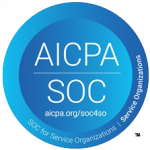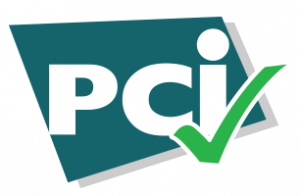
Regulations and requirements surrounding healthcare finance may always be in flux. Still, one thing is certain: hospitals and healthcare systems across the country exist to help maintain the health and wellness of their local community. Many hospitals have been offering some kind of presumptive charity care for years to assist those in their communities with lower incomes to get the care they need. But it wasn’t until 2015 that the IRS made employing a presumptive charity care model a requirement to maintain non-profit status.
As the shift toward a value-based care model continues, more hospitals – and their revenue cycle management partners – are working to make presumptive charity care part of a streamlined and healthy revenue cycle.
What is Presumptive Charity Care?
Presumptive charity care is a determination that a patient is presumed eligible for charity care from the hospital, based on financial and historical qualifiers. These patients are often not old enough for Medicare and are just above the income requirement for Medicaid.
The amount of assistance a patient is entitled to is typically determined by U.S. federal poverty guidelines. For example, the current poverty line for a person with one dependent is $12,880. If a hospital’s financial assistance policy allows for charity care at 300% of that guideline, a patient with an income of $38,640 would be presumed eligible. Hospitals generally provide this assistance through their Medicare program, Medicaid, or other state programs like the Hospital Care Assurance Program (HCAP).
How Can Presumptive Charity Scoring Help?
Having financial conversations with patients is difficult, especially for those with lower incomes who do not qualify for other assistance. A presumptive charity care scoring model does not require communication with the patient and eliminates the need for those early conversations. A scoring model can instead find the information needed to make a determination from other sources, such as credit reporting agencies, past payment history, and consumer income data.
Employing these scores early in the process with patients can streamline eligibility determination, improve the patient experience, and simplify the write-off process by making it easier and fast for hospitals to meet their charity write-off obligations. For more on the impacts of presumptive charity care on both patient engagement and the revenue cycle, be sure to tune in to our Revenue Roundtable podcast discussion on the topic with Revco Solutions President, Larry Ebert!
Revco Solutions’ presumptive charity care scoring model dives deeper than census data to estimate a patient’s income and eligibility. Our unique access to consumer credit and other demographic data has helped us create a more accurate model for a smoother eligibility process. Contact us today for more information on presumptive charity care, scoring models, and how Revco Solutions can improve your healthcare organization’s revenue cycle.






